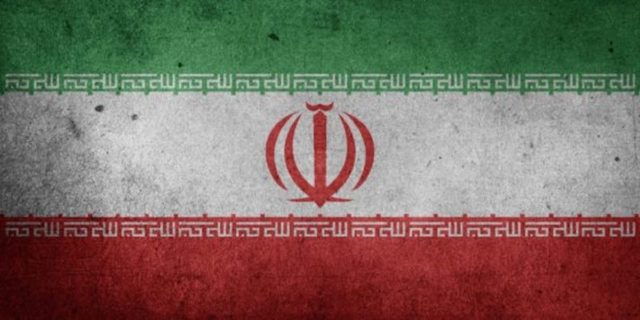The world has focused over the last week on a series of explosions and fires in Iran’s major infrastructure and weapons programs, starting with two events on June 26: a major explosion in the Khojir missile factory near Tehran and a power plant explosion in Shiraz which plunged the city into darkness. For more on these two incidents on June 26, see: https://www.centerforsecuritypolicy.org/2020/06/29/situation-report-the-curious-blasts-in-irans-parchin-and-shiraz-areas
And yet, over the last two days (July 5th and 6th), more information has leaked out of Iran on social media suggesting there were as yet unreported incidents, as well as some unrest as well in Iran in the same period:
- On July 2, a massive fire erupted at an unknown facility in Shiraz at the crossing of Montazari Boulevard and Zargari Square in the northwest part of the city. The building burning can be seen here in two social media tweets: https://twitter.com/HeshmatAlavi/status/1278785799618732032 as well as https://twitter.com/HeshmatAlavi/status/1278926480345612288 . The fire was never reported in Iranian official media.
- The next night, on July 3, another fire erupted, but the exact location was not able to be reported on social media. The video of that fire is here: https://twitter.com/HeshmatAlavi/status/1278934935399813121 . This fire as well was never reported by official media.
- Also on July 3, a major warehouse of unknown goods in Salmas (near Tehran) was heavily damaged in a major fire as well. The video is here: https://twitter.com/HeshmatAlavi/status/1279148173655707650 . Like the fires on July 2 and 3 in Shiraz, this fire too was not reported in Iran’s media.
- Iran has also been wracked by significant protests in recent weeks over failure to pay wages by bothgovernment and private entities, especially in the southwestern Ahvaz province where the explosions and gas leaks took place early on July 4. See: https://twitter.com/4FreedominIran/status/1279029015647604737
- There were also significant demonstration in the city of Shush on July 5, largely for the same reasons as those in Ahvaz two days earlier: failure to paly wages. The video of those demonstrations is here: https://twitter.com/MostafaMe4/status/1279787789865955330
At this point, it is unclear what can be made out of these events, all falling so close to one another, but they can be categorized as follows:
- The attacks on Khojir on June 26th and Natanz on July 2nd (for more information on this event, see https://www.centerforsecuritypolicy.org/2020/07/03/the-things-that-bump-in-irans-nights/ ) were clearly military targets carried out by some sort of sophisticated saboteur, likely a foreign government.
- The fires in Shiraz on June 26 and in Ahvaz on July 4 were power plants.
- The fire at the Karoun petrochemical factory (for more on the Karoun and Ahvaz fires, see: https://www.centerforsecuritypolicy.org/2020/07/05/irans-really-really-bad-week/https://www.centerforsecuritypolicy.org/2020/07/05/irans-really-really-bad-week/ ) was the only known fire on that industry’s infrastructure.
- And the fires in Tehran Sina Athar clinic on June 30 was of unexplained origin in a sub-basement two-levels underground in what is billed as a minor medical MRI clinic, and the fires in Shiraz on July 2nd and July 3rd, and Salmas/Tehran on July 3rd are all in either unknown facilities.
- The demonstrations in Ahvaz and Shush are increasingly common again in reaction to the rapid deterioration of Iran’s economy and fa failure to receive wages for a quarter year already. The ones in Ahvaz have been going on for a week, and can be seen here as early as July1: https://twitter.com/amihi95na/status/1278362420847816704
- Demonstrations in Ahvaz on June 28 have also blocked and halted train and rail traffic. The video is here: https://twitter.com/IranPanoramaNew/status/1277270153835827201
- Over the last week, Iran’s Rial to the US dollar decline from 200,000 to the dollar to 264,000 to the dollar. Videos are appearing of bank runs in Iran’s social media: https://twitter.com/HeshmatAlavi/status/1280049233912086538
It is impossible to know for sure what is going on, but the incidents in the military sites (Khojir and Natanz) were clearly attacks either by or with the assistance of a foreign power. The rest appear to be part of a concerted campaign to either hits sites about which we know nothing or to expose the regime’s impotence – or both. Regardless, it remains to be seen what the relationship could be, if any, to the military attacks, but this string of events carries grave repercussions for the regime’s resilience, since it is now seen as plagued by incompetent impotence.






